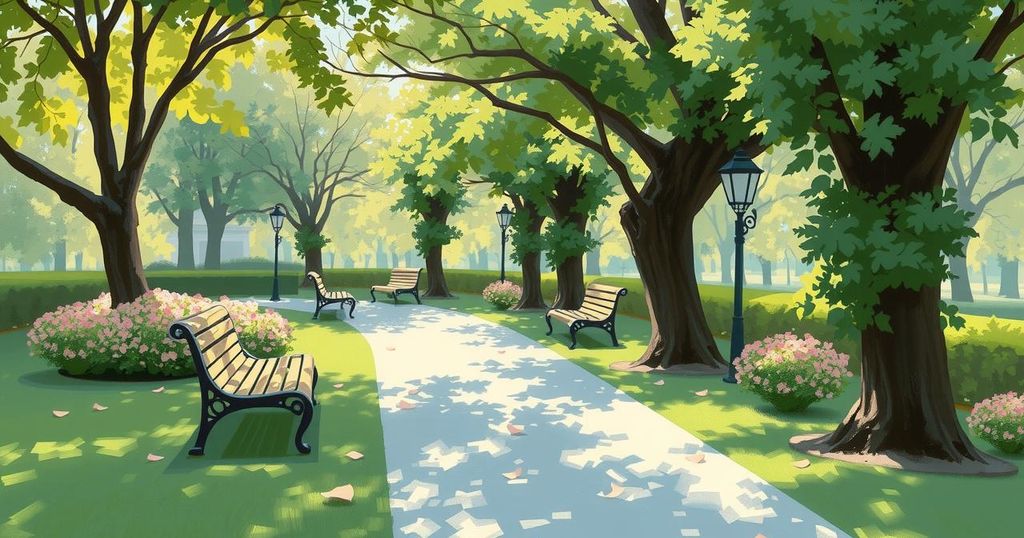The protests in Argentina against austerity measures have seen football fans ally with pensioners, showcasing political abandonment of marginalized citizens. The violence during recent demonstrations raises concerns about ongoing unrest and the government’s capability to maintain stability. This collaboration signals a unique twist in Argentina’s societal response to economic hardship.
In a recent protest against austerity measures proposed by President Javier Milei, scenes emerged of football fan clashes with police during a march supporting pensioners in Argentina. This situation illustrates the political neglect experienced by marginalized citizens who are now turning to unconventional allies for support. As Buenos Aires anticipates further pensioner demonstrations, there are concerns that violence may persist as a defining characteristic of these protests.
Fernando Vivas, a Boca Juniors fan, participated in the protest by stating, “We have the right to fight for causes we think are just.” He emphasized a sentiment among many, proclaiming that if authorities increase repression, protest participation must also intensify. Argentina’s retirees, particularly affected by economic hardships, have voiced their grievances consistently, a situation exacerbated since Milei’s controversial appointment.
Traditionally, these protests attracted only a small, older demographic, but the recent police aggression prompted a significant response from football fans, who mobilized through an online campaign after reports of police violence against pensioners. Mass gatherings of fans resulted in clashes involving stones, vandalism, and violent confrontations with police deploying tear gas and rubber bullets, leaving several individuals injured.
The rise of this unexpected alliance between pensioners and football fans stems from a fragmented political opposition, as noted sociologist Sergio Morresi. Given the cultural significance of football in Argentina, the sport has provided a platform for organizing against systemic neglect. Diego Murzi highlighted how football’s prominence helped amplify the call to action during the protests.
Argentine football clubs, structured as non-profit associations, foster a connection to political activism, while a lack of coherent political opposition makes it simpler for citizens to unite under the identity of sports fandom. However, aligning with these fans carries risks, given the patterns of violence associated with Argentine hooliganism as outlined by Claudio Godoy.
Responses to the events have evoked strong emotions on both sides. The government has denounced the protesters as violent groups aiming to provoke chaos, while dissenters feel more empowered in their opposition. These protests, capturing global attention, pose risks for the government’s portrayal as a stable economy while seeking crucial financial agreements, including with the IMF.
In conclusion, the recent protests in Argentina underscore growing unrest among pensioners amidst President Javier Milei’s austerity measures. The unforeseen collaboration between football fans and supporters of pensioners highlights the socio-political ramifications of economic instability. As tensions rise, the potential for continued violence raises questions about the government’s stability and its ability to address the concerns of marginalized citizens. Such dynamics point to a critical juncture in Argentina’s socio-political landscape.
Original Source: www.batimes.com.ar




